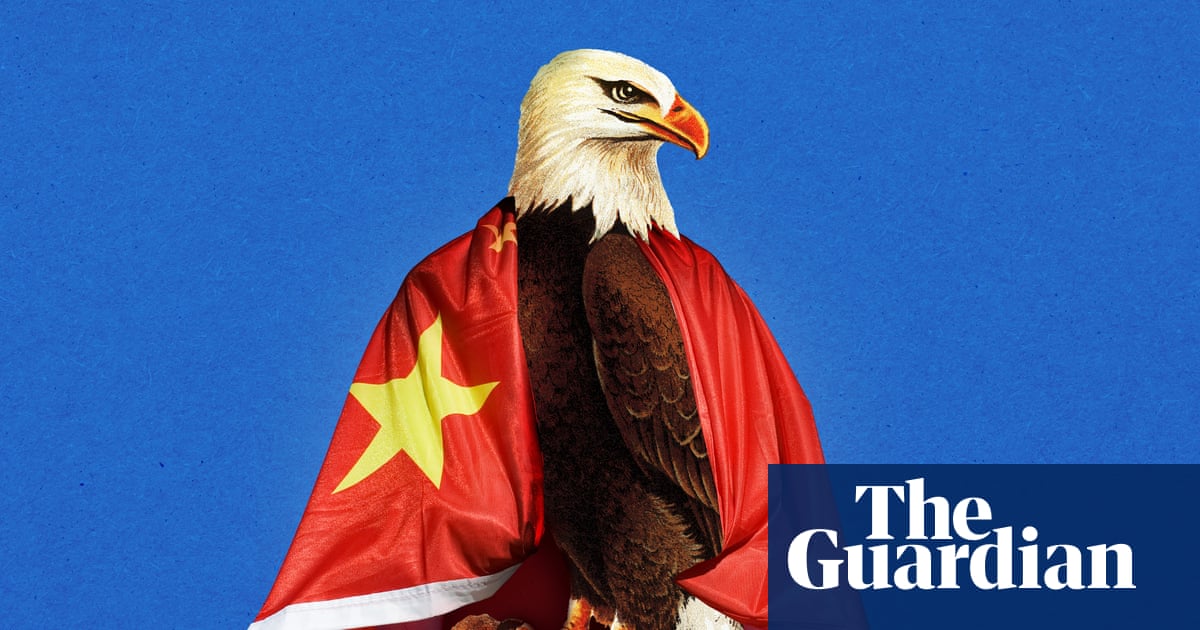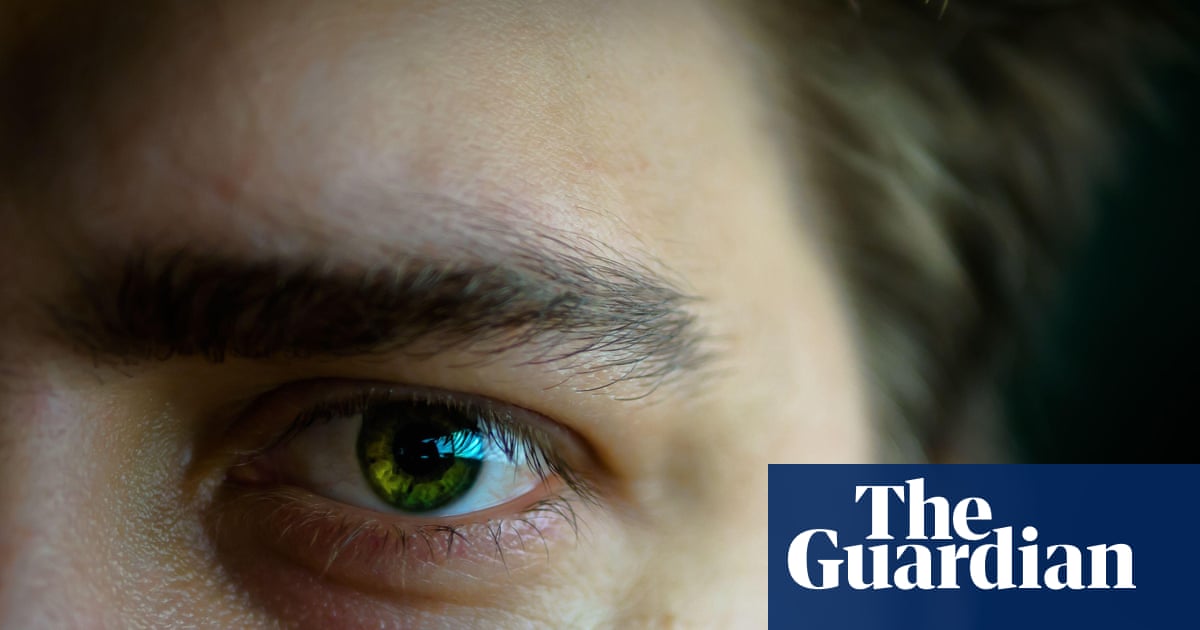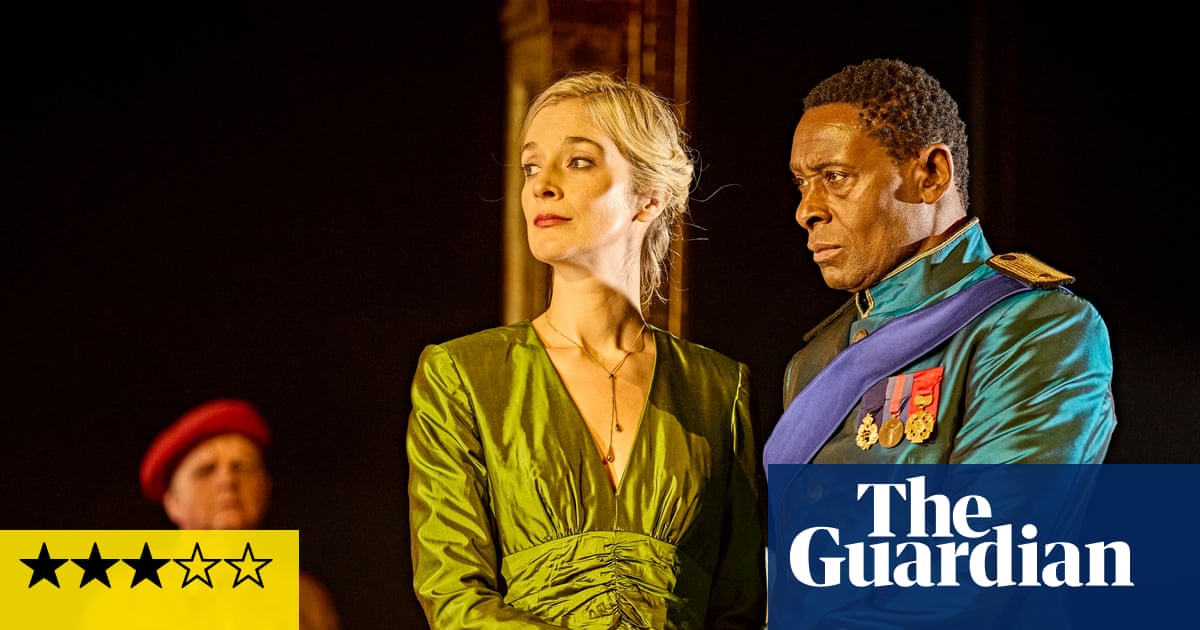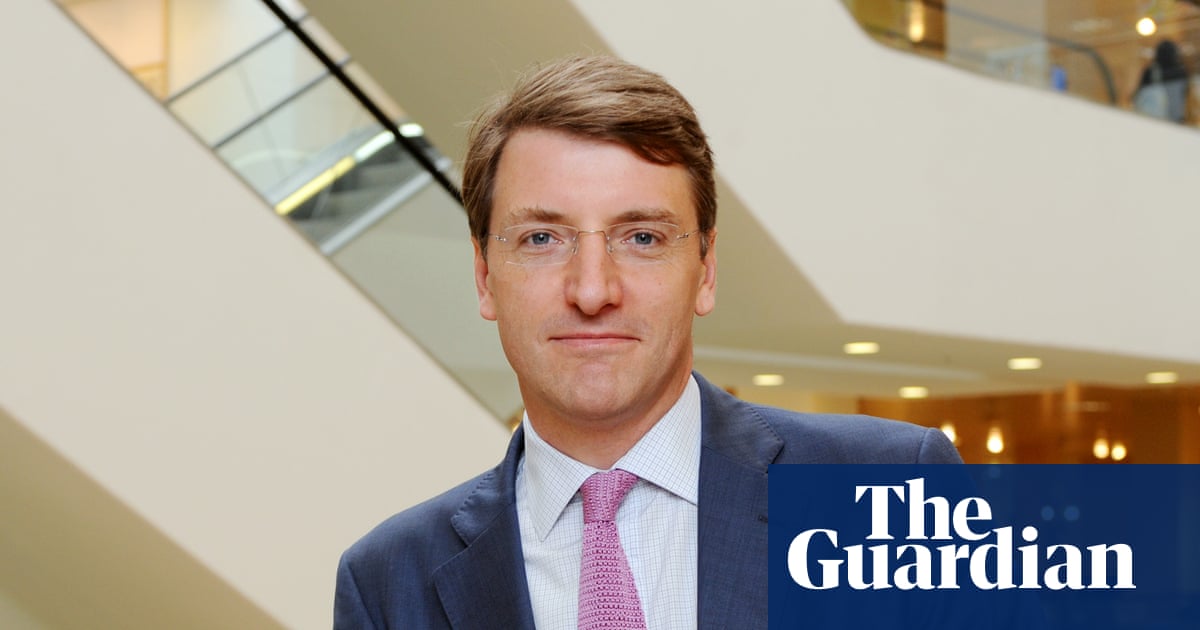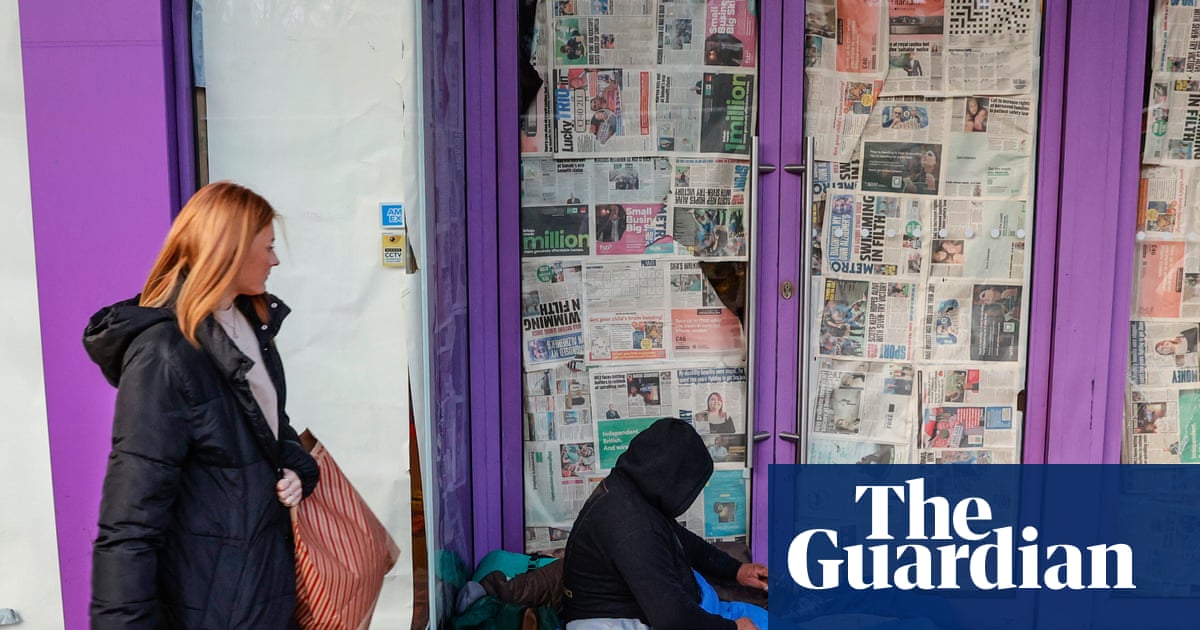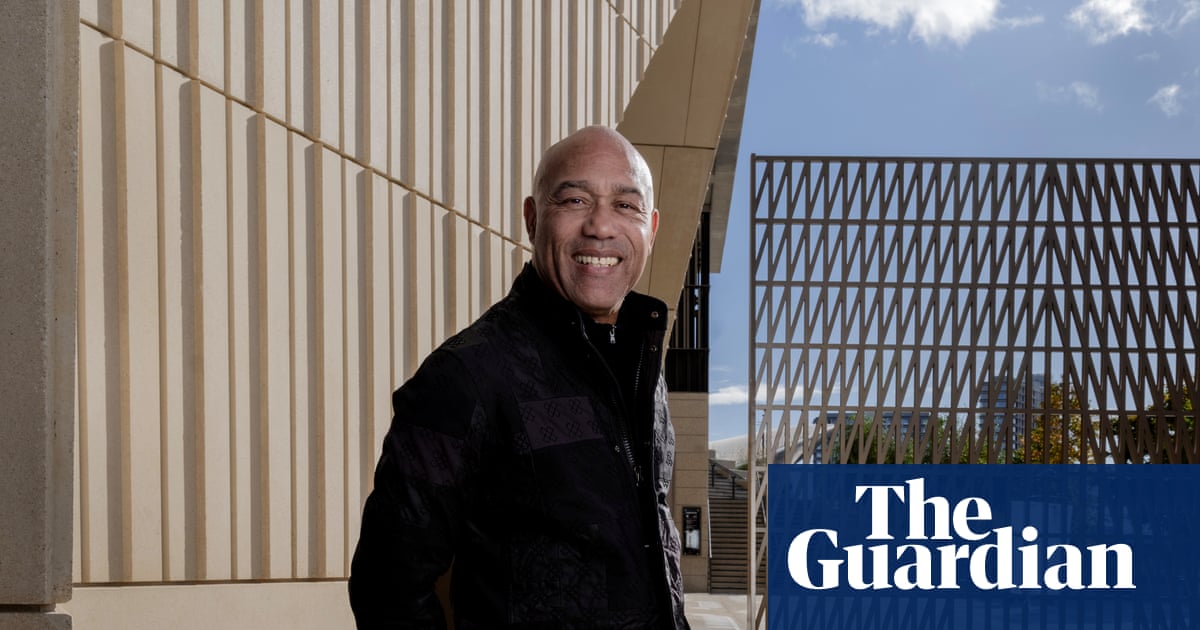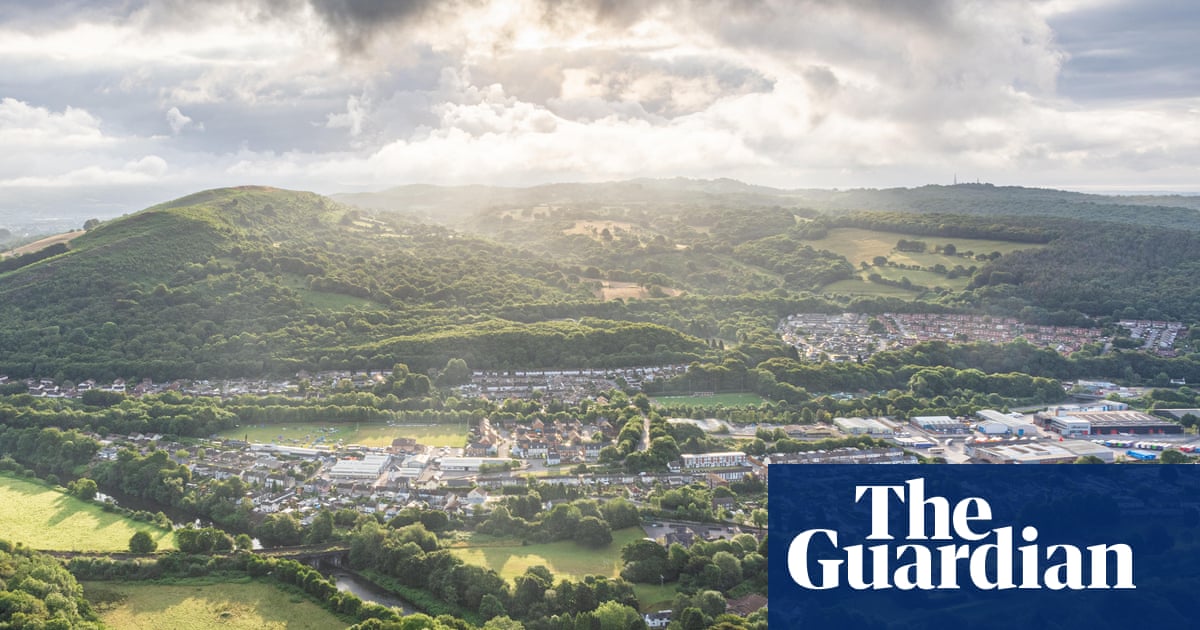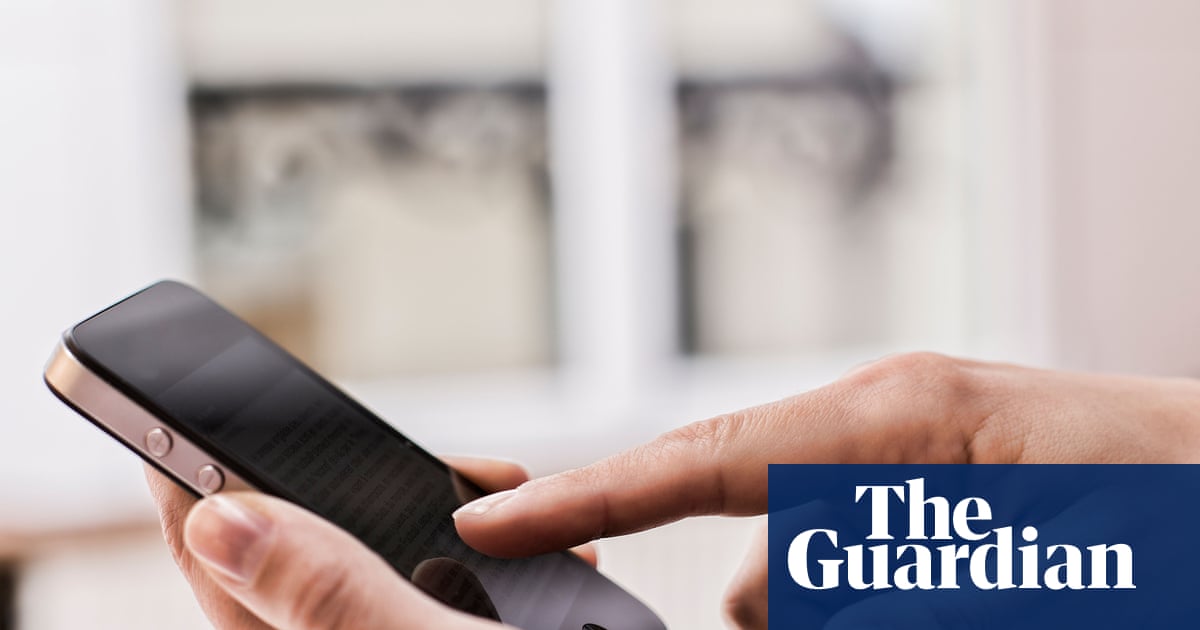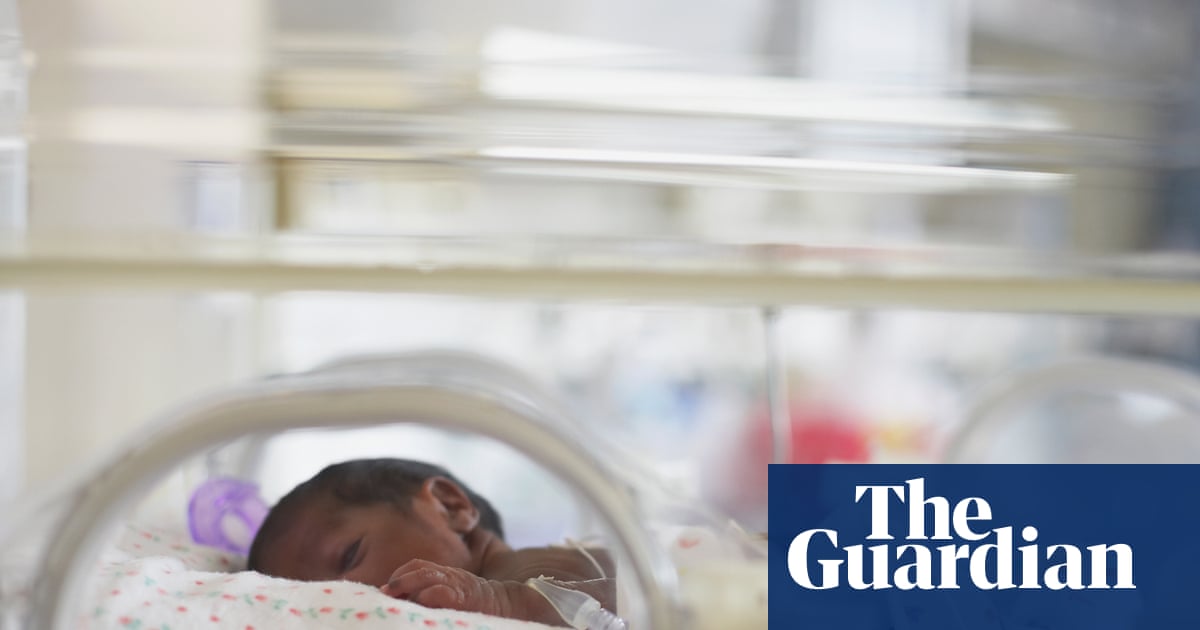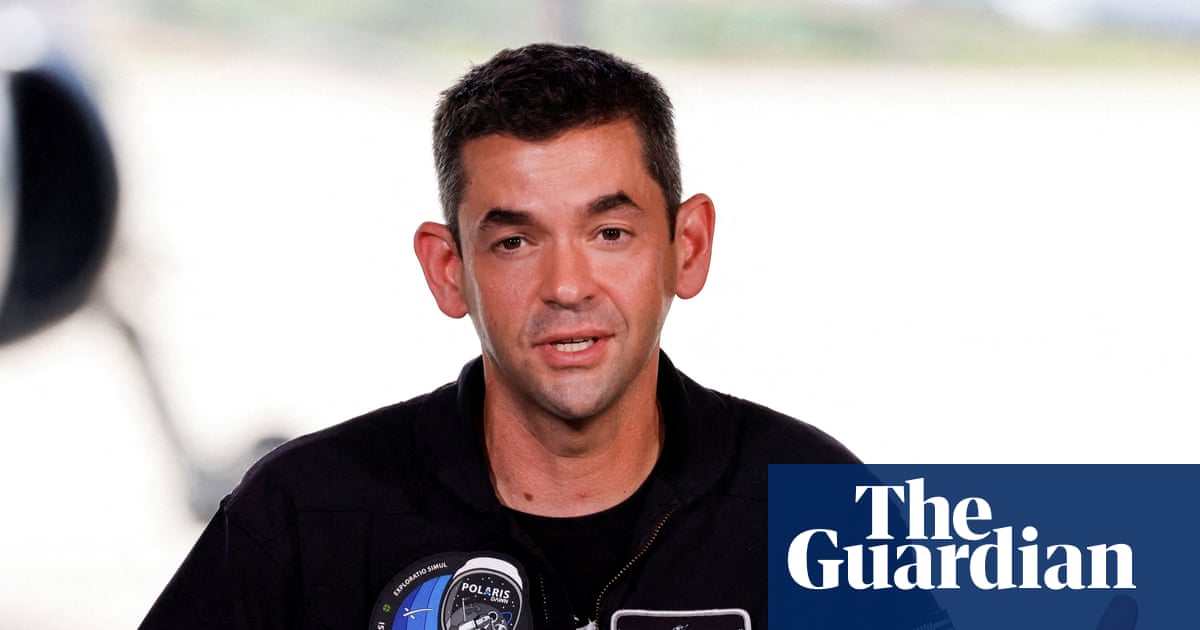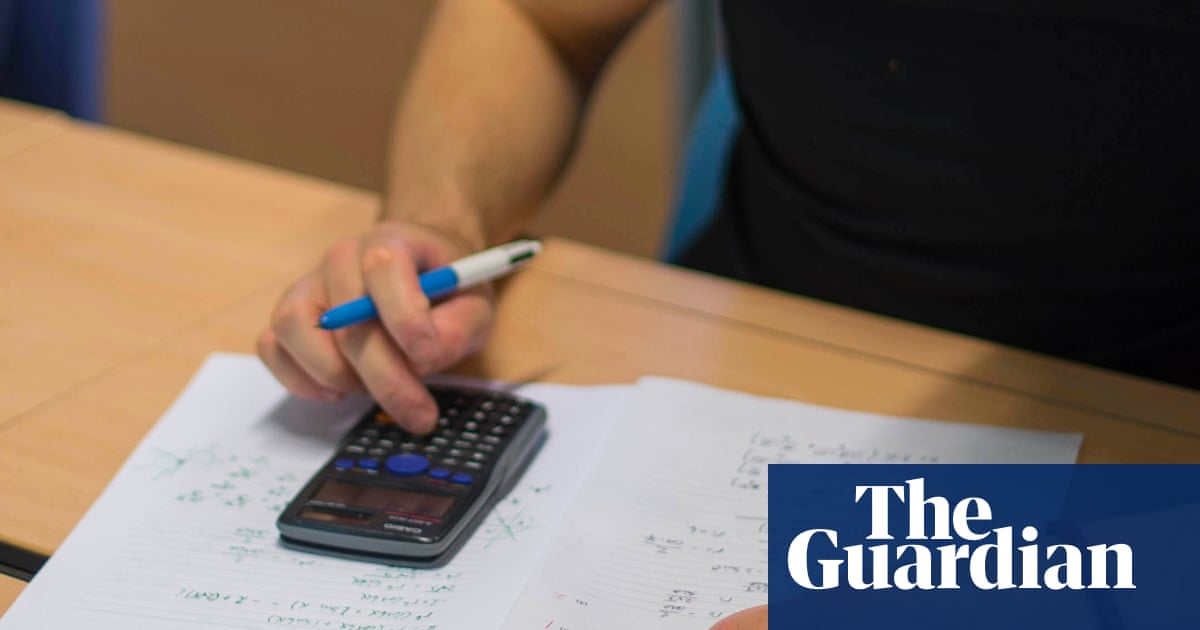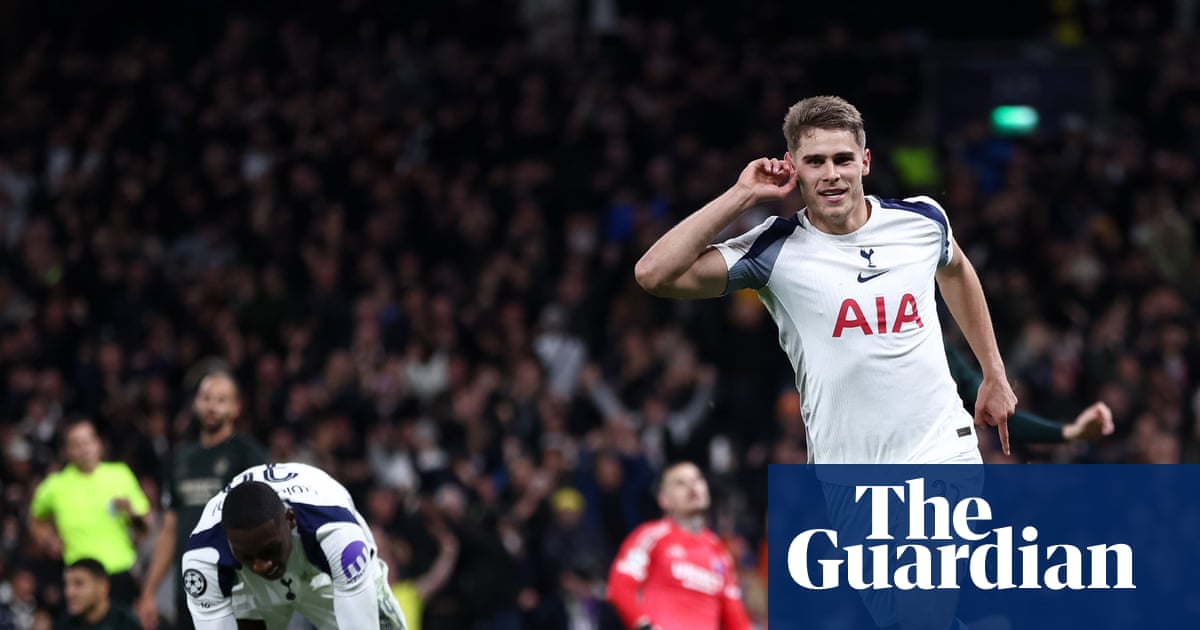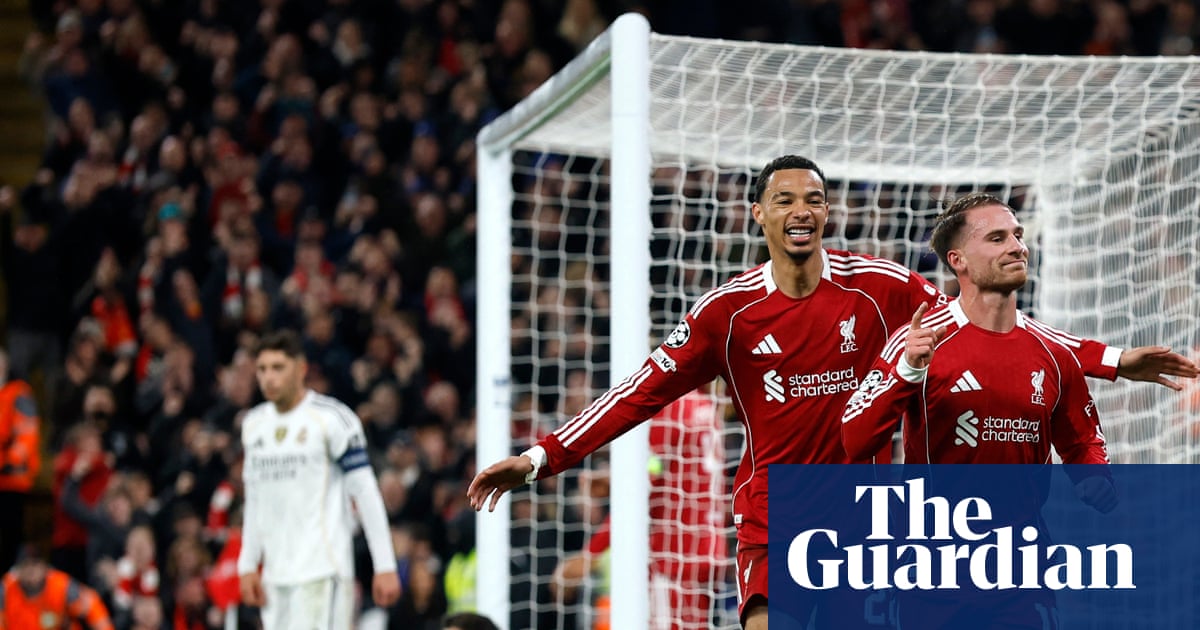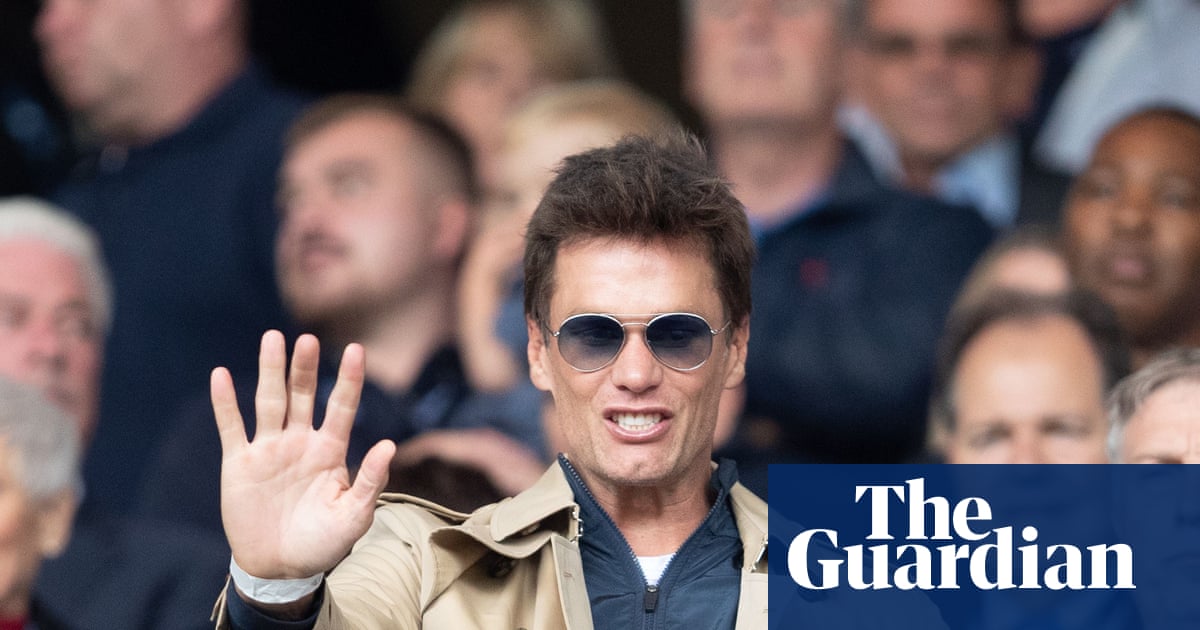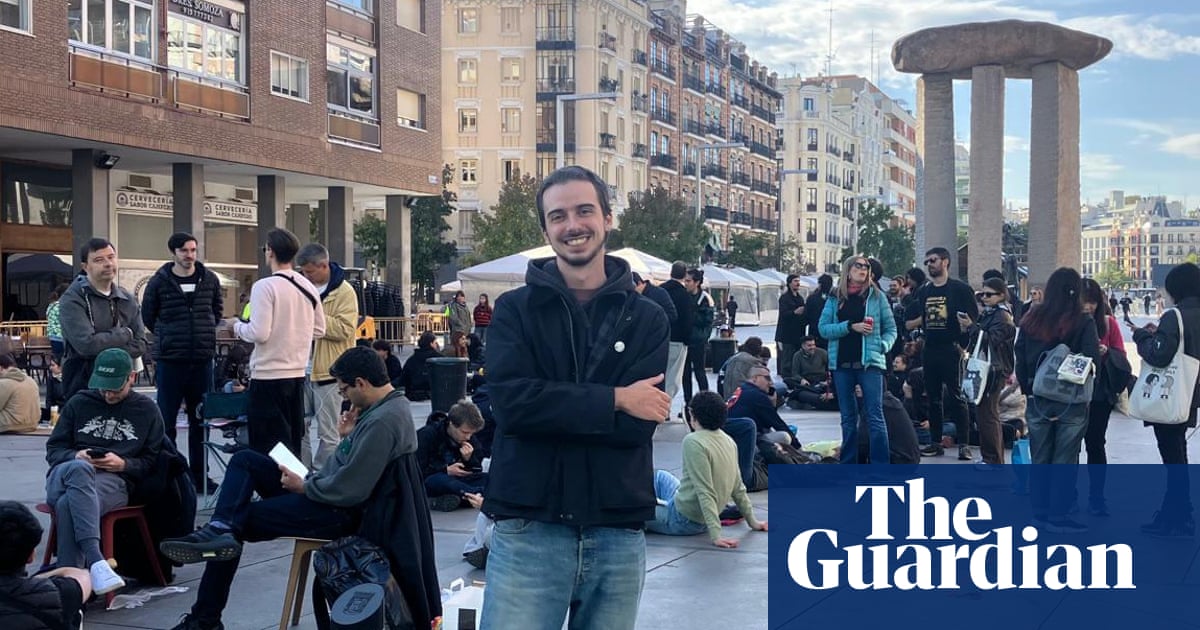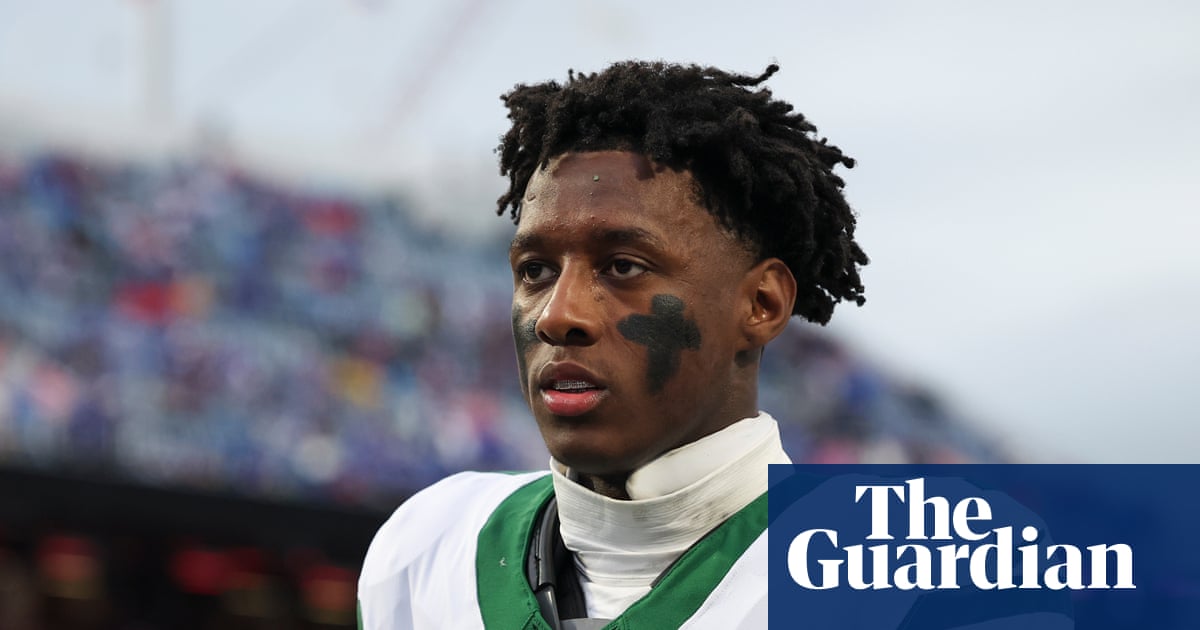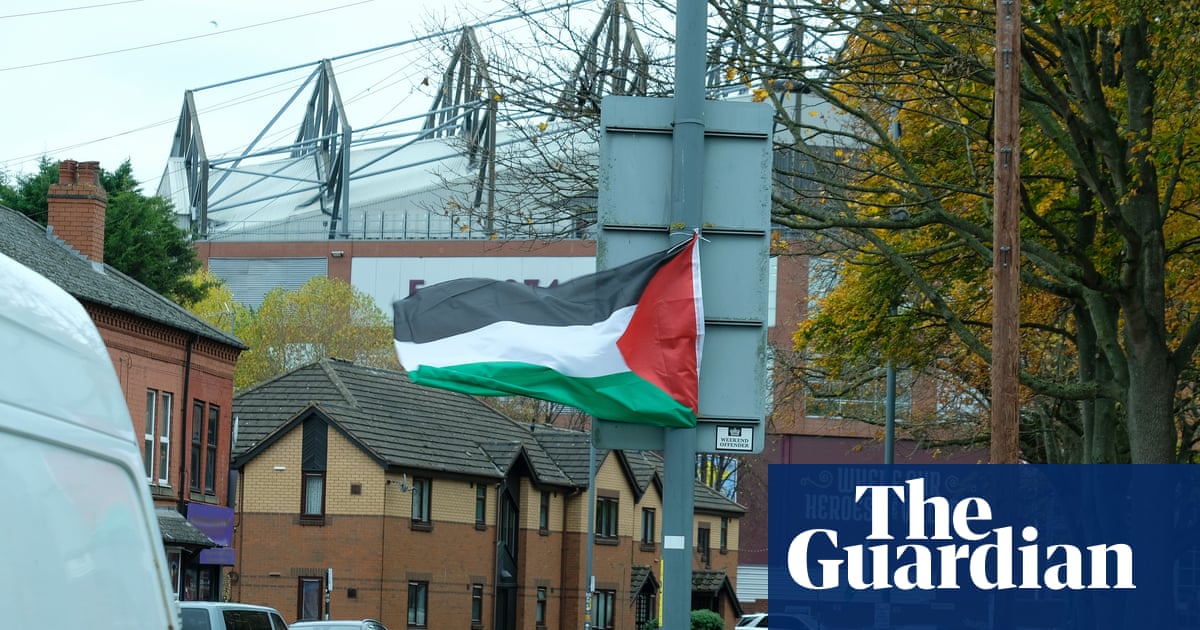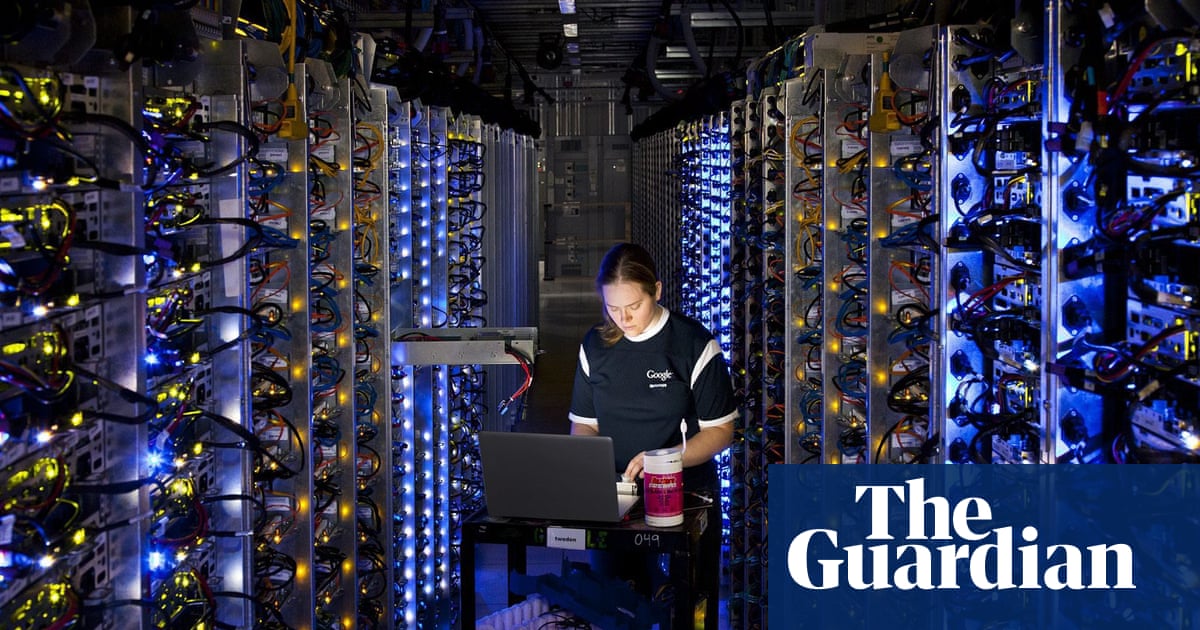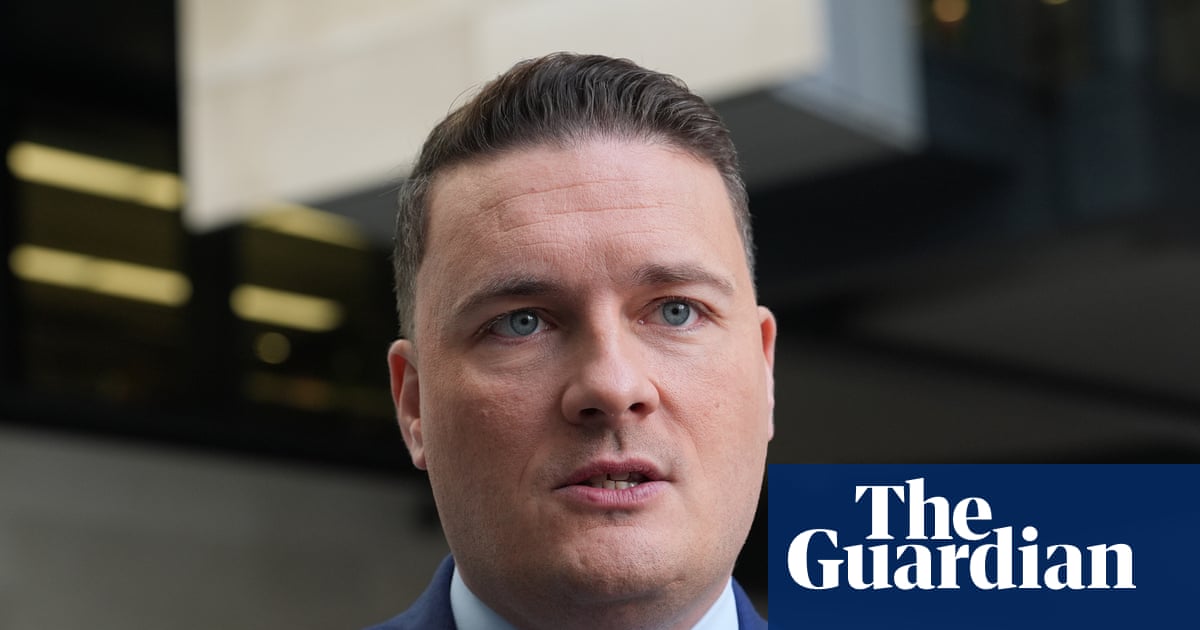The conversation began with an apology. I’d rehearsed it many times, trying not to sound too defensive or pitiful. I’d walked through every potential rejection that might come as a result of letting my friend Gillian into a side of my life I’d tried hard to keep hidden. But she had just told me that she wanted to come to visit me in New Haven, so I was cornered. “I’m sorry,” I said. “I’m sober now.” I felt embarrassed. “I have stopped drinking,” I added, to clarify. “If you visit, I can’t drink with you.”
In the pause that followed, I imagined her politely trying to work her way out of coming to see me, now that our favourite thing to do together wasn’t an option.
“Thank God,” she said. “You were a nightmare when you drank.”
That’s the good thing about true friends: they’re more likely to be honest than polite.
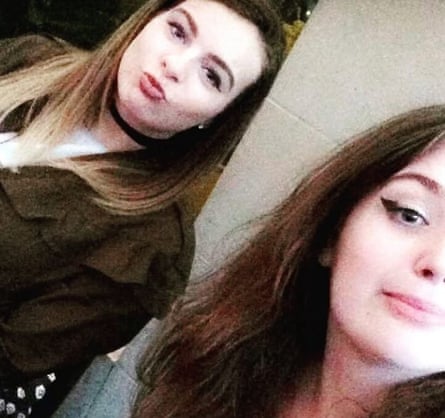
I met Gillian in a pub in Glasgow in 2016, treating my hangover with a vodka and Diet Coke at 11am. We connected over the inevitable heartbreaks and uncertainty we were living through during our mid-20s and our plans to pursue further education in the US, and we got drunk together – often.
Drinking had always been practical for me. Without effort, it dissolved the self-conscious, self-critical and awkward parts of myself. It was my support for social situations and making friends, something I had struggled with since secondary school. I’d heard about people who had this kind of relationship with alcohol and that, somewhere down the line, it becomes a problem. I thought I could delay that for as long as possible.
I hid my emotional dependence on alcohol in plain sight. I made my drinking a performance, tidying up my sometimes bizarre, sometimes dangerous behaviour into fun anecdotes. I was the wildcard, the bohemian, the hedonist. My days were spent either hungover, drunk or looking to drink. There was a sense of community in that; I could always find someone in a similar headspace, recruit them to my cause and call them my friends.
From centre stage, I didn’t realise that the people closest to me were tired of The Lauren Show. With time, I started to realise that I drank even when I didn’t want to, that I couldn’t stop once I started, but I didn’t think anyone else noticed. I still thought it was what made me interesting, creative, exciting – the reason people would want to be around me.
In my last days of drinking, the anxiety that alcohol could no longer suppress turned to doom. I withdrew, watching the same episodes of BoJack Horseman on repeat in my bedroom. Early recovery was a lonely experience: I avoided most people for fear of what they would think of me as a sober person, someone to whom they could no longer relate. When I spent time with other sober people, I assumed they were just taking pity on me.
When you stop drinking, you’re confronted with the reasons you started. When Gillian arrived to see me in New Haven, I had to face the fact that I had long avoided emotional intimacy; I was uncomfortable being myself, even around those I loved. I felt vulnerable without alcohol as my armour and got my first taste of what actually goes into maintaining an adult friendship. Gillian and I filled our time together visiting libraries and museums, being present with each other, and talking about so much more than we did when we were busy piecing together nights out that I couldn’t remember. To my surprise, we also laughed more during her visit than we ever had before. She wanted to spend time with me – and not a hologram of what I thought she wanted me to be.
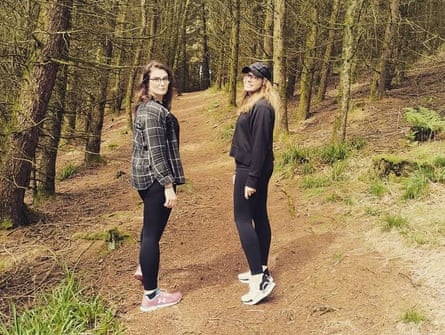
Alcohol wasn’t the bonding agent I thought it was. In fact, it was the thing I was using to keep people at a distance. I realised that drinking was actually a barrier to making lasting connections, but sobriety wasn’t – I just needed to get some practice. Friendship is an action and an experience, and trying to numb the parts I found uncomfortable meant I’d never truly experienced the benefits before. After Gillian returned home, I decided to approach my existing friendships with a bit more willingness and honesty. With new friends, whether they were sober or not, I could better get to know them, now that I was no longer obsessing about myself and how I was coming across.
Entering my 30s, I have realised that friendship isn’t something you can fall into and take for granted; it is a necessity. It’s an age when many of us start families and take the next steps in our careers, while our parents often aren’t as healthy as they used to be and you can’t look for the adult in the room any more, because most of the time it’s you. These realities require a support that alcohol can’t offer, especially if it makes you unreliable, unpredictable or shut-down. Now when I tell friends – old and new – that I don’t drink, I don’t feel the need to apologise; I know we’ll have a better time without the booze.

 3 months ago
129
3 months ago
129
